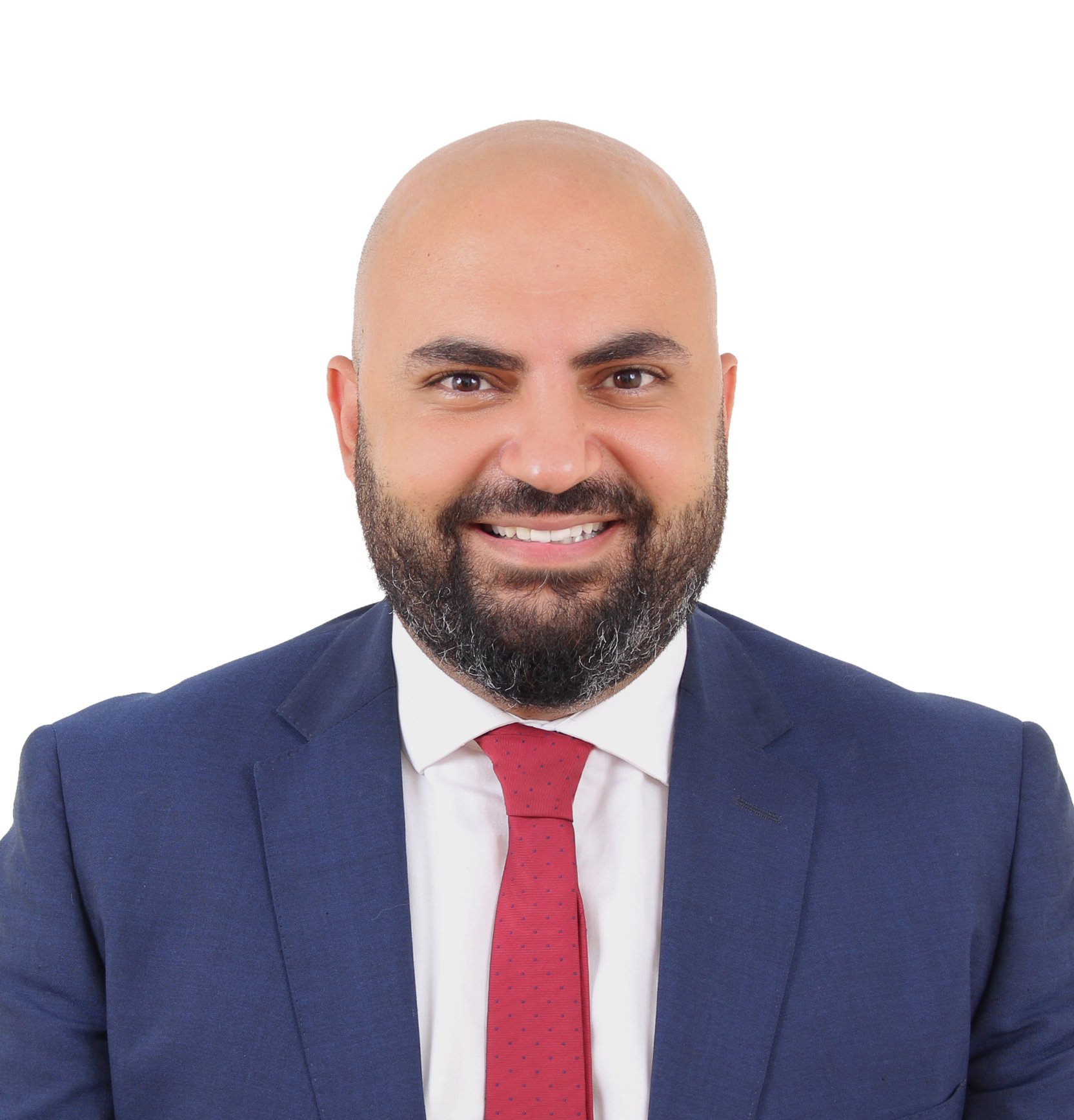
[ad_1]
In my function as Divisional General Manager for Digital Health Transformation & Innovation at Mediclinic, I’m chargeable for harnessing the facility of digital expertise and ensuring that we utilise it to the advantage of our sufferers and enterprise. There’s little question that expertise has revolutionised the best way we entry and ship healthcare over the past 10 years, and can proceed to take action.
Take telemedicine for example. Back in 2015 once I began in telehealth, telemedicine was not a well-received service. Patients weren’t trusting of digital medical doctors and insurance coverage firms wouldn’t pay for it. Fast ahead to 2020 and the COVID-19 pandemic, and you may see how this notion modified nearly in a single day. For most sufferers, with restricted entry to healthcare services, it was the one approach they may seek the advice of with a health care provider, and for medical doctors, it was the one they may deal with their sufferers.
Related: Personalised, next-gen healthcare experiences are within grasp
At Mediclinic, we began with 2,000 teleconsultations monthly in the beginning of the pandemic, and now, nearly 4 years later, we’re conducting 20,000 a month. We have witnessed natural development within the service, even after the need was eliminated as a result of sufferers had tried it and noticed the worth in it. They are additionally higher educated about their well being and extra acutely aware of whether or not their situation might be managed nearly or not. Insurers have additionally seen how telemedicine can scale back prices and supply entry and have included telemedicine of their packages.
An enormous shift has already taken place in how healthcare might be delivered, however we don’t anticipate it to finish there. We anticipate that telemedicine will change into a part of a extra built-in mannequin of healthcare for the administration of power situations akin to diabetes and hypertension, and linked to healthcare programs which use information from wearable units. Wearables aren’t new. Patients got a tool by their physician to be worn for a while, however the medical doctors wouldn’t see the outcomes from that machine till the affected person’s subsequent go to. Today, as a result of advances in this sort of expertise, the mannequin has moved to one among steady engagement, the place readings from the wearable might be despatched repeatedly to the physician, and if he sees an space for concern, he can intervene instantly. Increased use of those units, nevertheless, means extra strain on the physician, however AI programs could have a task in with the ability to predict doable deteriorations and so, intervention might be executed at an earlier stage, and never at all times by a health care provider.
This mannequin may be very helpful for each the affected person and the healthcare system as a result of when you begin serving to the affected person earlier than their situation turns into acute, they’re much less more likely to be hospitalised, and it prices the insurers much less, which is able to assist the implementation of future funding fashions like Value-Based Care (VBC). This steadiness between the wants of the affected person and the payer is tremendously wanted for inhabitants well being programmes akin to this. There are nonetheless challenges although on the way you interact the affected person into that system. Just as sufferers wanted to make the psychological shift to telemedicine, they wanted to understand the advantages of this sort of system. Success depends on correct communication, engagement, onboarding and coaching.
AI and machine studying is turning into more and more prevalent in healthcare. At Mediclinic, we’re already utilizing it behind the scenes, in administrative areas akin to coding to enhance accuracy, and clinically within the studying of radiology photos. AI can launch strain on caregivers and act as a co-pilot, serving to ship extra environment friendly and dependable outputs. AI will not be concerning the substitute of the physician, it’s about collaboration, empowerment and enablement. A physician with AI can handle a a lot better variety of sufferers extra successfully than a health care provider with out AI, and I believe it should more and more change into the norm over the following few years.
Related: Six predictions that will impact healthcare in 2024
From a affected person’s perspective, digital expertise can empower them of their healthcare, give them the instruments to make knowledgeable selections about their remedy and enhance accessibility. At Mediclinic, we’re pleased with how far we now have come within the digital house for the advantage of our sufferers – from the swift introduction of telemedicine in 2020, the launch of an appointment administration app, which additionally serves because the platform for teleconsultations, a safe affected person portal that permits them quick entry to their check outcomes and medical information, the institution of a number of communication channels to allow them to attain us each time and nevertheless they need, and automatic processes to extend the velocity of eligibility checks and insurance coverage approvals, which means that the method of visiting the physician is quicker and extra seamless than ever earlier than. In the long run, we plan to make use of digital well being as a companion to the sufferers throughout their remedy journey.
When it involves the usage of expertise to enhance our healthcare processes and providers, Mediclinic has a lot in retailer over the following few months and years. Watch this house!

Ahmad Awada
Ahmad Awada is the Divisional General Manager for Digital Health Transformation & Innovation at Mediclinic.
[adinserter block=”4″]
[ad_2]
Source link